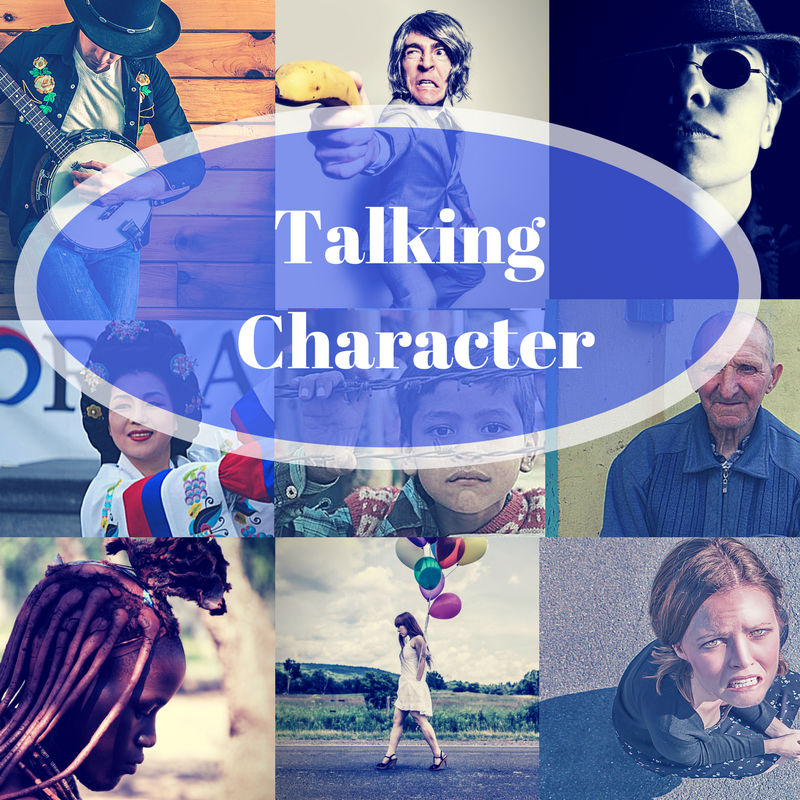Do your characters sometimes refuse to cooperate in the middle of a scene?
Why is that? You know your characters inside and out. You created them. You determined their temperament, their abilities, their fears. After all that work, they should at least have the decency to cooperate.
But sometimes they don’t.
When characters get ornery, try not to get frustrated. It isn’t because you’re a bad writer. In fact, it’s a sign your doing things right, that your characters are coming to life and standing up for themselves.
Call it your muse, your subconscious, or whatever, but trust the process. Your story will be better for it.
What to do when your main character threatens to rebel:
See if they really mean it. Sometimes characters do random stuff on the spur of the moment, just like real people. Allow them to wander down a rabbit trail, but if you discover their path will cause unnecessary complications, stop them. Back up, return to your plot and see what happens. If they cooperate then put their crazy idea down to a bit of indigestion and stick to your original ideas.
If they refuse to cooperate, it’s time to listen to them. …
Have faith in your characters. Characters are like children: We see they have certain talents and temperaments and we decide they would be well-suited for certain professions, or ought to love certain hobbies. However, children have a way of surprising their parents with the vocations and activities they choose to pursue. So it is with our fictional characters. No matter how well we think we know their personalities and preferences, when we push them into tough situations they may surprise us. The wise writer knows that if we allow our characters to be true to themselves rather than forcing them to comply with our outlines, our stories will feel more authentic. Trust them.
First find out what your hero wants. Then just follow him. Ray Bradbury
Follow their lead. When they insist on forging their own path, follow them and see where they want to go. Spend a day or two daydreaming or free-writing scenes until you get a sense of where this new path is leading and how everyone feels about it.
Ask the character why. Once you’ve explored this new path, you need to understand why they want to do it that way. Interrogate your character. Talk to them out loud, envision yourself and the character chatting over tea, write a list of questions—do whatever works for you, but get to the bottom of why the character is at odds with your ideas. Why do they refuse to go out with Maddie? Why do they insist on saying such nasty things about the postmistress? Why aren’t they excited about the prize that was supposed to be the main motivation? Push until you understand why they choose plan B over plan A, and then figure out how plan B can make a stronger story—even if it means a lot more work for you.
If we are brave enough to let our characters disrupt our plot ideas, and clever enough to figure out how to make their ideas work instead, we have the ingredients for a great story.
[bctt tweet=”Are you brave enough to allow your characters disrupt your plot? #amwriting”]







No Comments